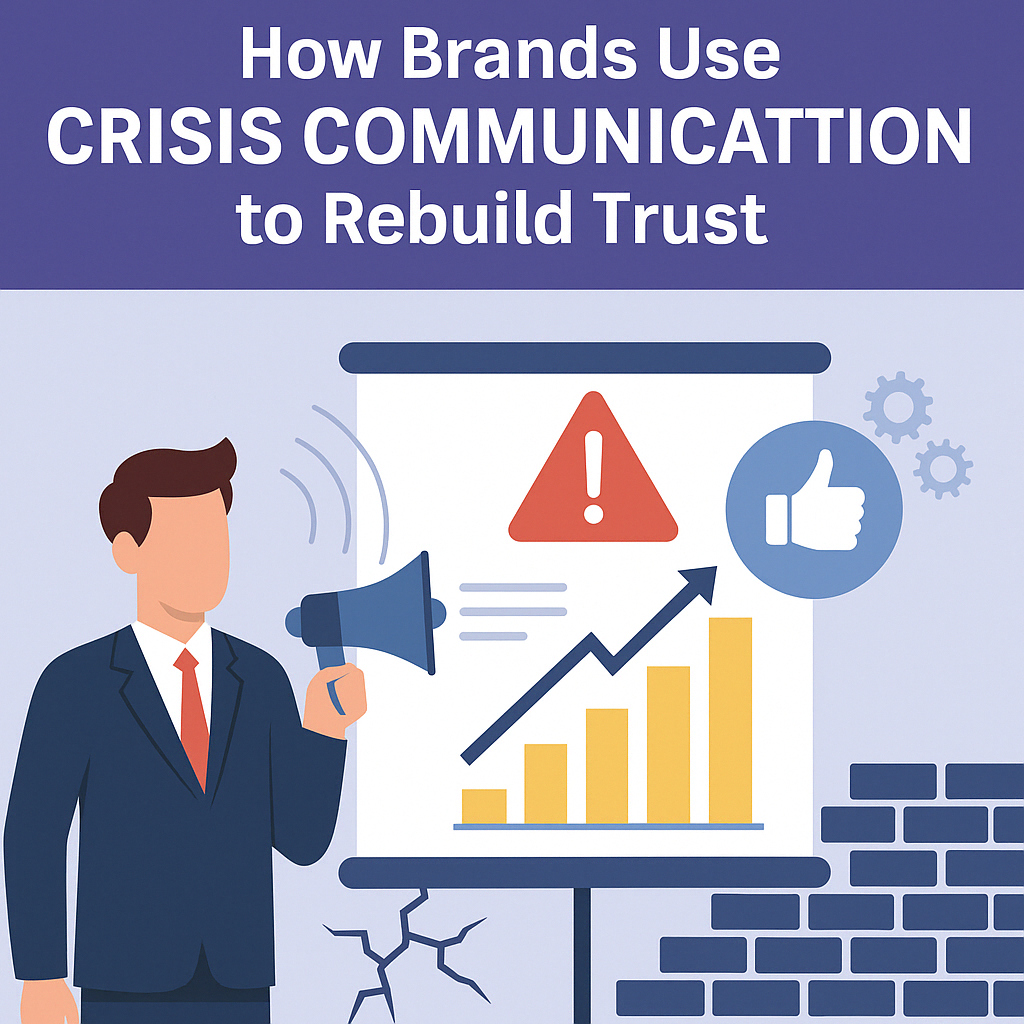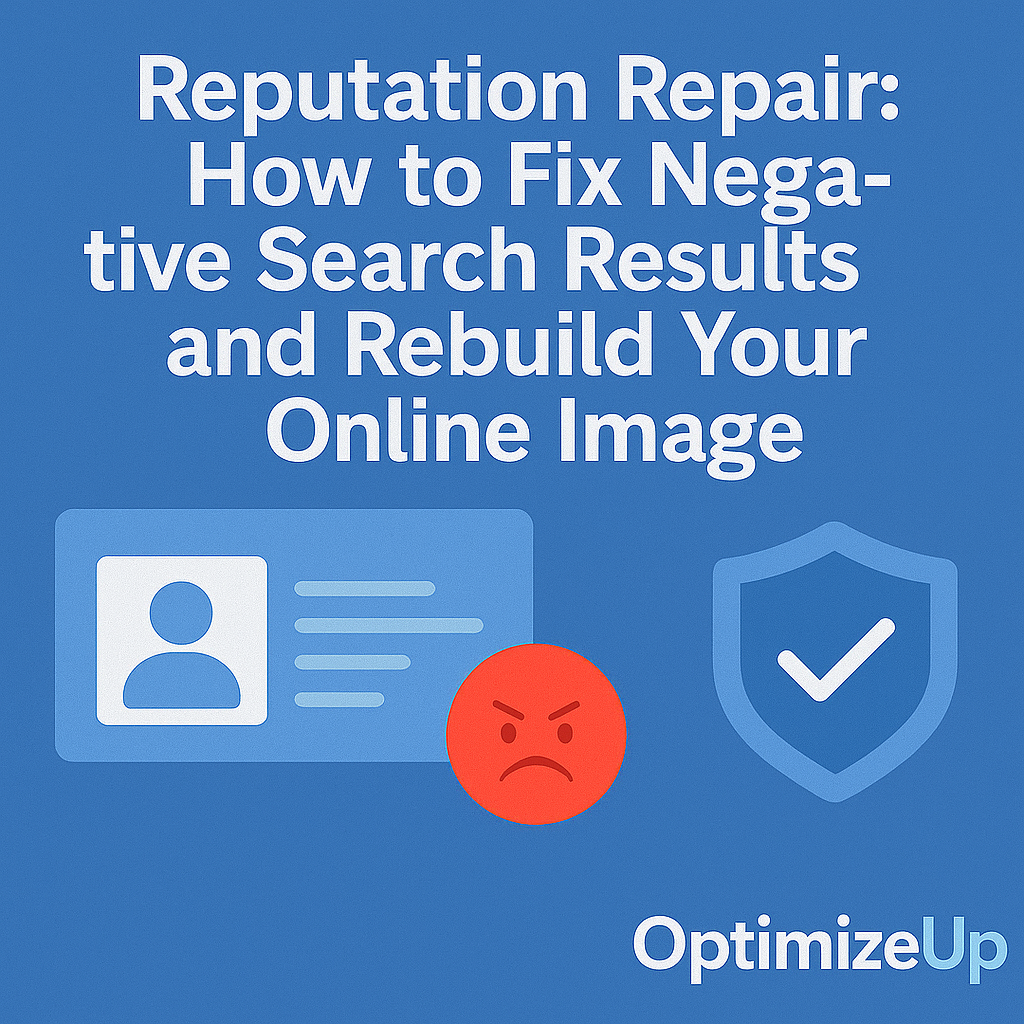Why Brand Trust Recovery Matters in the Age of Accountability
When trust erodes, reputation damage can become a long-term liability. A brand’s ability to recover from a crisis determines not only its market value but also its long-term relevance. According to Edelman’s Trust Barometer, 88% of consumers say trust is a key factor in their purchasing decisions.
In the face of crises—whether involving product recalls, executive misconduct, data breaches, or social controversy—how a company communicates determines whether it spirals or stabilizes. Trust recovery isn’t about spinning a message; it’s about restoring integrity, clarity, and accountability.
Trust is not transactional; it is emotional. Brands that successfully recover recognize this truth and prioritize human-centered responses over defensive posturing.
Core Elements of Effective Crisis Communication
1. Rapid Response Without Rushing
- Silence in a crisis is interpreted as guilt or incompetence
- Respond within the first 24–48 hours with an acknowledgment, even if facts are still emerging
- Acknowledge uncertainties transparently while promising updates
2. Transparency and Candor
- Admit mistakes where applicable
- Avoid vague corporate jargon
- Share what’s being done to address the problem
- Disclose timelines, stakeholders involved, and remedial measures
3. Consistent Messaging Across Channels
- Ensure PR, marketing, social media, and executive leadership speak with one voice
- Use pre-approved talking points to avoid misinformation
- Rehearse press interviews and internal communications to ensure coherence
4. Empathy Before Excuses
- Put people before profits in your messaging
- Acknowledge harm, impact, and community concerns
- Use active listening strategies to inform messaging tone
5. Follow-Up with Action
- Don’t just say you’ll change—show it
- Set timelines and update audiences on progress
- Document changes through transparency reports and impact metrics
“The brands that bounce back are the ones that communicate like humans, not corporations.” — Forbes
Types of Brand Crises That Require Trust Recovery
1. Product Safety Incidents
- Defective products, contamination, or recalls
- Examples include foodborne illnesses, automobile malfunctions, or consumer electronics hazards
2. Corporate Misconduct
- CEO scandals, ethical breaches, workplace discrimination
- Can involve financial fraud, sexual misconduct, or internal corruption
3. Data Breaches and Cybersecurity Incidents
- Exposure of customer or employee data
- Affects consumer confidence and invites regulatory scrutiny
4. Social and Political Controversies
- Brand positioning that polarizes or misfires with key demographics
- Includes misinterpreted campaigns or political endorsements
5. Service Failures
- Transportation delays, billing errors, website outages
- Often affect customer loyalty and brand perception
Brand Trust Recovery Framework: 5 Strategic Stages
Stage 1: Listen and Assess
- Use sentiment analysis tools (e.g., Brandwatch, Sprout Social)
- Conduct stakeholder and media audits
- Identify root causes internally and externally
- Track social chatter, media headlines, and competitor reactions
Stage 2: Apologize and Take Responsibility
- Issue a sincere public apology
- Acknowledge the facts and avoid deflection
- Humanize the message with video statements, letters, or community engagement
- Acknowledge impact with compassion, not legal precision
Stage 3: Communicate the Path Forward
- Outline corrective actions
- Provide updates via blogs, press releases, and social media
- Establish a clear recovery timeline
- Include third-party validation where appropriate (e.g., consultants, industry watchdogs)
Stage 4: Engage Stakeholders
- Conduct webinars, forums, and surveys to rebuild engagement
- Offer transparency reports and accountability sessions
- Co-create recovery strategies with affected communities
Stage 5: Reposition the Brand Narrative
- Highlight change initiatives, new leadership, or rebranded values
- Publish long-form case studies, thought leadership, and testimonials
- Leverage SEO to shift brand association keywords
- Use storytelling to reinforce lessons learned
Real-World Examples of Trust Recovery Done Right
A. Johnson & Johnson – Tylenol Crisis (1982)
- Immediate recall of 31 million bottles
- Reintroduction with tamper-proof packaging
- Full-page newspaper apologies
- Often cited as the gold standard in crisis communication
B. Chipotle – E. coli Outbreak (2015)
- Temporary restaurant closures
- Food safety reformation and transparency campaign
- CEO apology and media outreach
- Leveraged public education on food handling improvements
C. Uber – Executive Turmoil (2017)
- Leadership overhaul
- Cultural reset and brand repositioning
- Implementation of transparency dashboards
- Public sharing of internal reforms and cultural audits
D. Zoom – Privacy Concerns (2020)
- Security upgrades within months
- CEO-hosted weekly webinars
- Public bug bounty program and updated privacy policy
- Made privacy a competitive differentiator post-crisis
How SEO Plays a Role in Brand Trust Recovery
1. Suppressing Negative Coverage
- Publish high-authority, optimized content
- Use reputation SEO to outrank older negative press
- Create new landing pages, testimonials, and CSR campaigns
2. Building New Brand Associations
- Target long-tail keywords with improved brand sentiment
- Use schema markup for authority signals (e.g., FAQPage, Organization)
- Leverage local SEO for rebuilding at the community level
3. Leveraging Owned Media
- Optimize blog posts, YouTube videos, and press releases for branded queries
- Refresh social media bios and meta descriptions
- Use internal linking and pillar page strategies
4. Creating Educational Resources
- Crisis FAQs, executive interviews, and transparency reports
- “What we learned” pages to demonstrate growth
- Link to reputable third-party citations to boost trust
“A robust content strategy can restore not only SEO visibility but also public trust.” — Search Engine Journal
Key Communication Channels for Crisis Response
Internal
- Company-wide emails
- Virtual town halls
- Slack/Teams announcements
- Manager toolkits and talking points
External
- Official website newsroom or blog
- Social media platforms
- Media interviews and press statements
- Third-party platforms (YouTube, Medium, LinkedIn)
- Influencer collaborations to communicate change
Multichannel communication ensures messages reach all key audiences with clarity and consistency.
Metrics That Indicate Trust Is Being Rebuilt
- Decreased bounce rate on brand pages
- Improved Net Promoter Score (NPS)
- Increase in positive social mentions
- Share of voice returning to pre-crisis levels
- Volume and sentiment of earned media coverage
- Growth in customer retention and repurchase rates
- Recovery of brand equity in consumer surveys
How Optimized Up Helps Brands Rebuild Trust
Whether you’re navigating the fallout from a PR disaster or proactively safeguarding your brand, Optimized Up delivers:
- Real-time brand monitoring and sentiment analysis
- Crisis communication planning and response
- Strategic SEO content creation for trust recovery
- Suppression of negative content in search results
- Executive coaching for media appearances
- Development of brand rehabilitation roadmaps
Contact us to rebuild your brand with confidence, clarity, and control.
Frequently Asked Questions
Timeliness. Acting quickly while being truthful and human builds credibility.
Yes—especially if the response is sincere, transparent, and supported by lasting change.
Anywhere from a few weeks to several years, depending on the crisis severity and communication strategy.
Speak with legal counsel to balance transparency with compliance. Focus on what you can disclose.
Most of the time, yes. A genuine apology signals accountability and empathy. Avoid legalese or half-measures.
A central one. Visibility, humility, and credibility of leadership often shape how stakeholders perceive recovery efforts.
MLA Citations:
Morris, Lena. The Reputation Reset: How Crisis Communication Rebuilds Trust. Signal & Trust Press, 2024. “Trust Barometer 2024.” Edelman, 2024, www.edelman.com/trust. “Principles of Crisis Communication.” Forbes Communications Council, 2023, www.forbes.com. “SEO for Brand Recovery.” Search Engine Journal, 2024, www.searchenginejournal.com.





